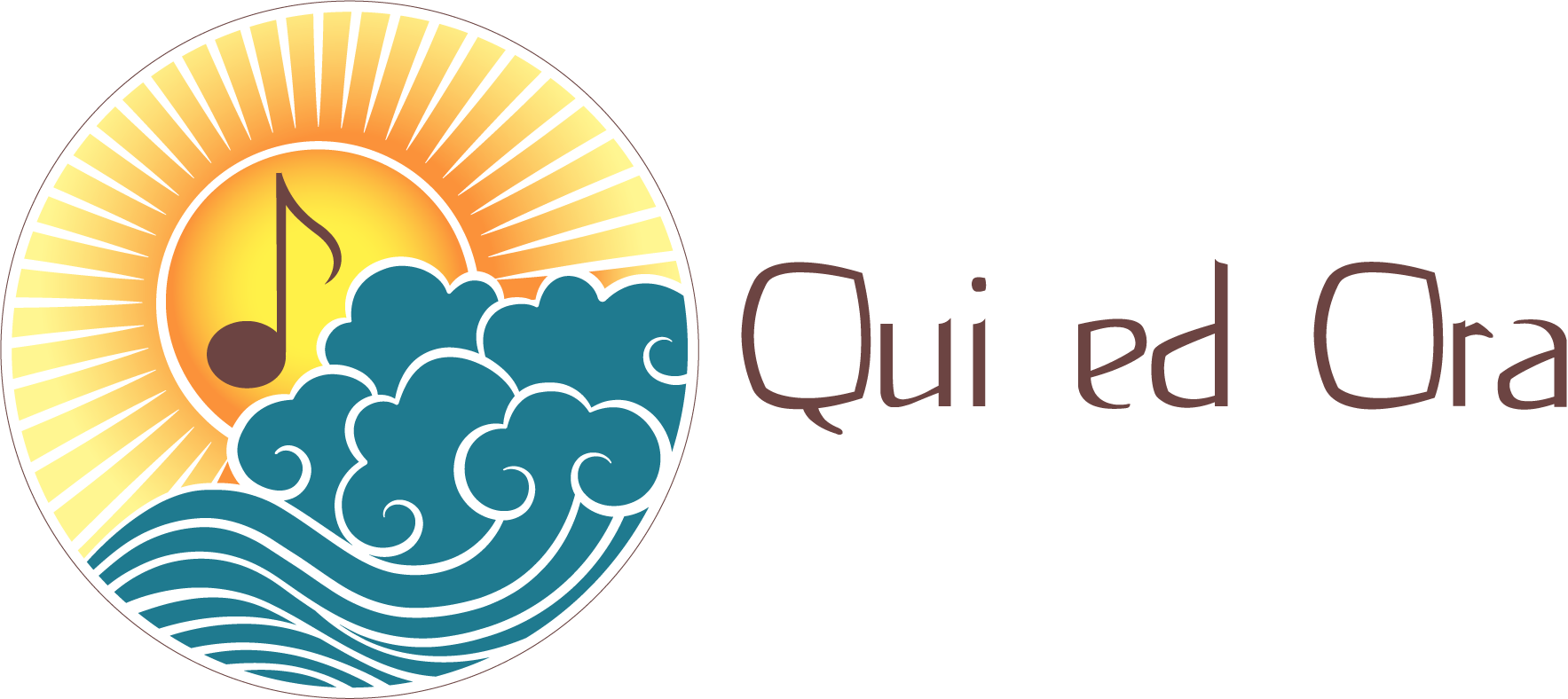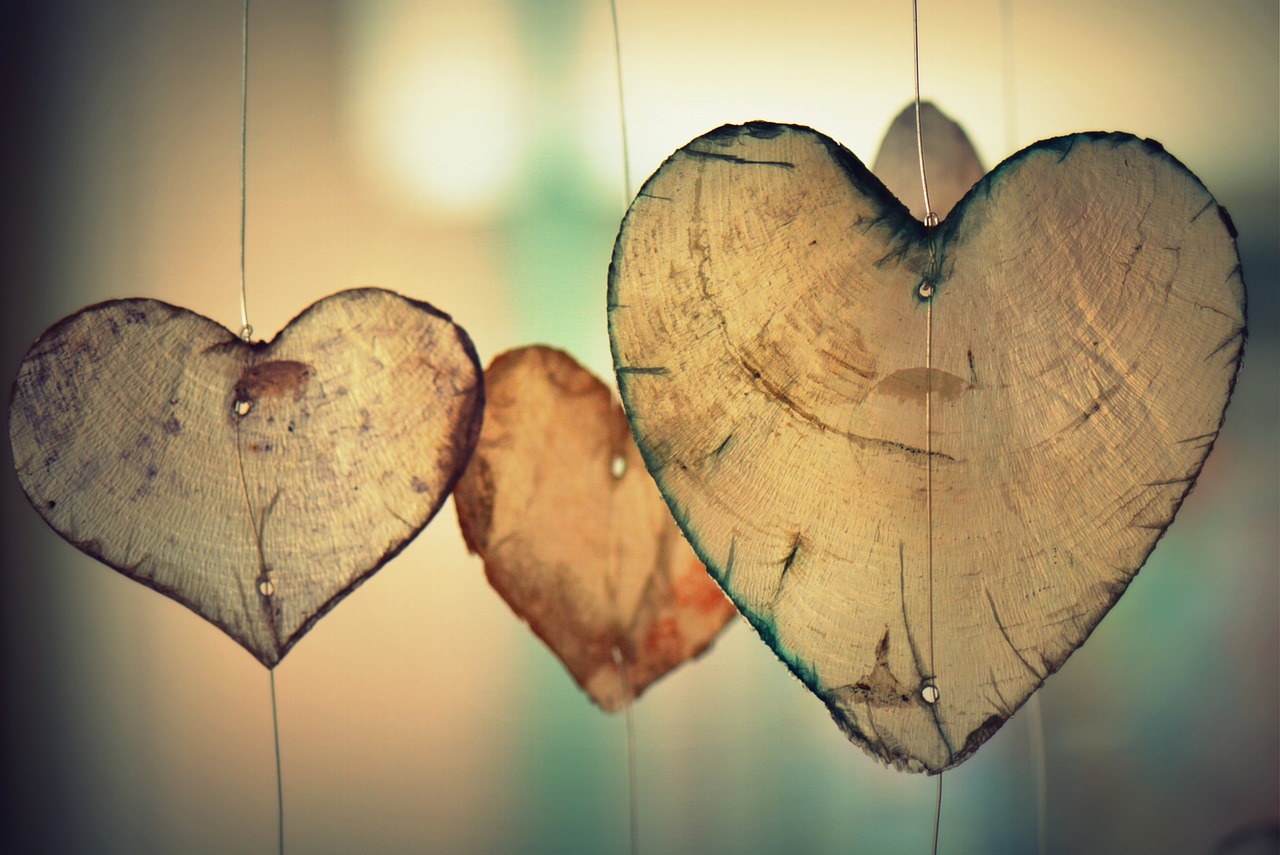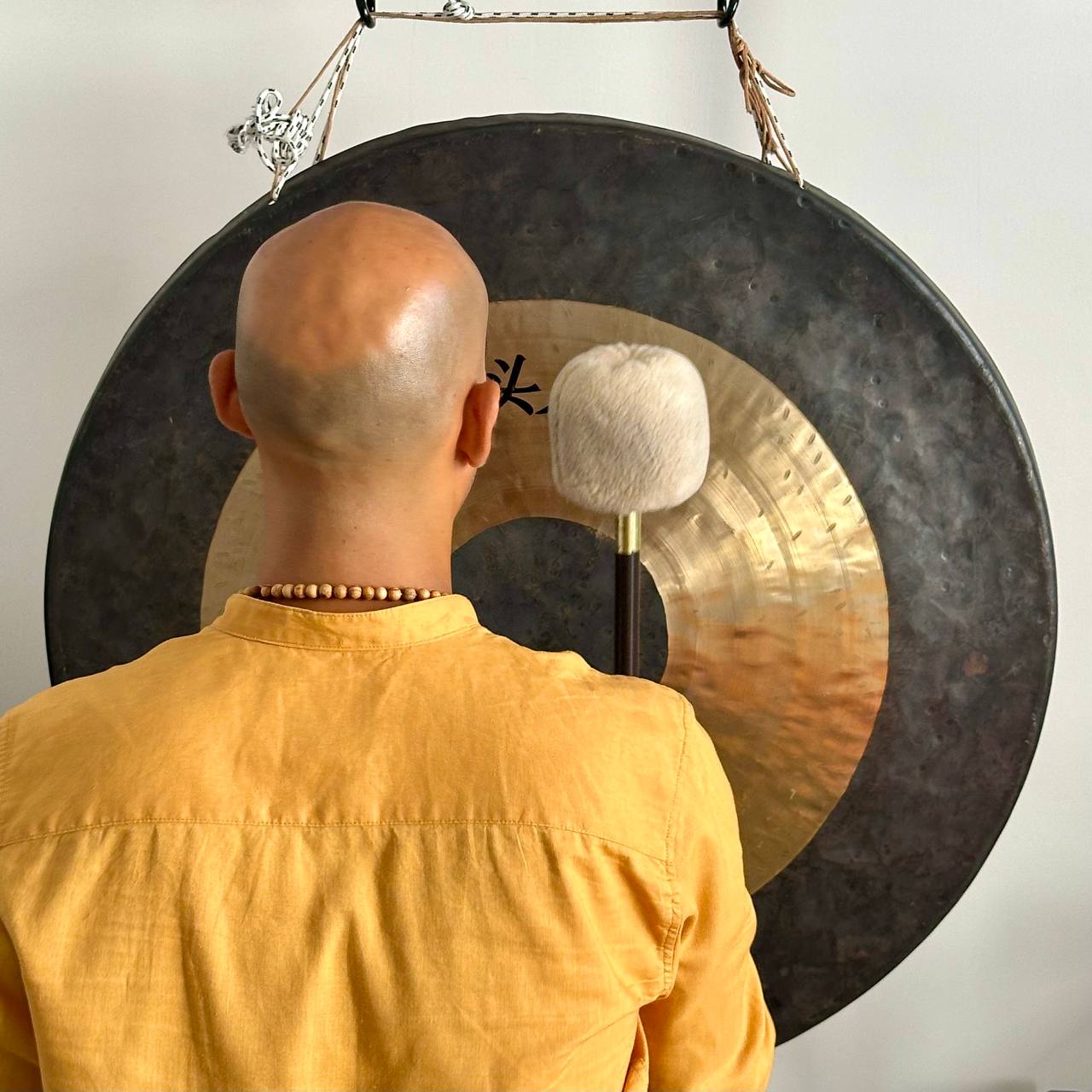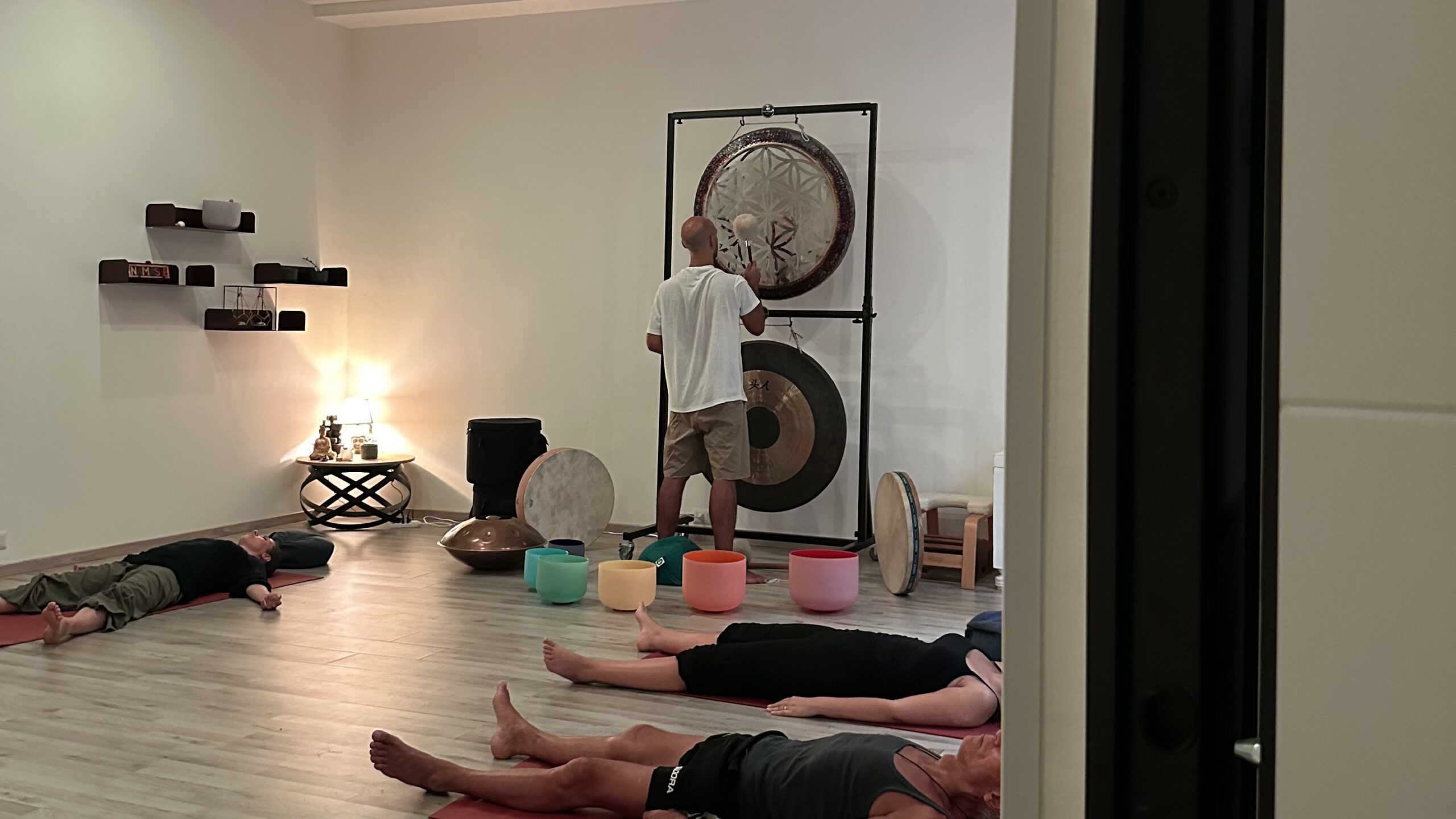Your cart is currently empty!
WHAT DOES ‘FOR FORGIVE’ MEAN?
For many of us, talking about “forgiveness” refers to religious teachings, distant in space and time from our daily lives. On the contrary, we are very familiar with its opposite: blame, which we usually direct at ourselves and others, whenever life does not go according to what we had set out or the people around us act differently than what we expected.
We practice guilt so often that it has become a habit, an automatic response to the difficult experiences we encounter. Immediate response to our need to find a cause for suffering and to try to control it.
Neuroscientists confirm that the behaviors we repeat several times become reinforced, generating automatic responses in the long run (“neurons that fire together and connect together” D. Hebbs)
Guilt becomes an automatic behavior aimed at rejecting suffering and denying our vulnerable or wounded parts.
One mindfulness practice we can do, whenever we feel guilt, is to “go inside” that guilt and offer ourselves loving kindness.
Imagine a world where resentment and anger are replaced by empathy and understanding, where grudges dissolve into the ether, leaving behind only the pure essence of an unburdened soul.
Forgiveness is not an act of weakness; he is the ultimate embodiment of strength. It takes courage to face the hurt, face the pain, and then release it with grace.
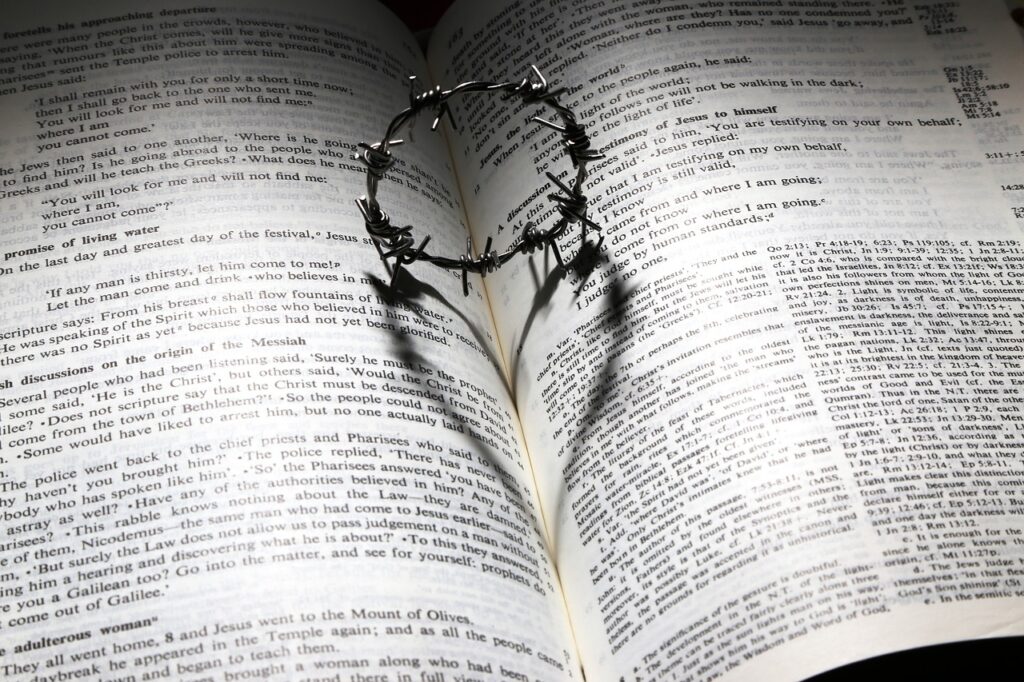
Forgiveness does not mean condoning actions that have hurt us, but rather being able to see beyond judgment and condemnation. It’s about freeing ourselves from the shackles of the past, refusing to let another person’s actions define our present or dictate our future. In this act of liberation, we reclaim our power, no longer allowing ourselves to be imprisoned by bitterness. Instead, we embark on a journey of self-discovery and renewal, freeing ourselves from the burden of resentment.
Being able to recognize humanity and the vulnerability that makes us human, imperfect and fallible. Being able to “descend” into the heart and contact the great truth that “suffering originates from suffering” and that when we are happy or satisfied we do not harm others.
Recognizing suffering as the cause of harm is not an invitation to remain exposed to it, it is protective and important to set boundaries. However, rather than getting stuck in reactive responses with anger and judgment, we can recognize suffering and connect to the human quality of compassion.
Think of forgiveness as a key that opens the door to a garden of serenity within us. As we care for this garden, we cultivate an environment in which joy, compassion, and inner peace can flourish. Every tender moment we give ourselves is a step towards inner harmony, a step away from the shadows that have held us captive.
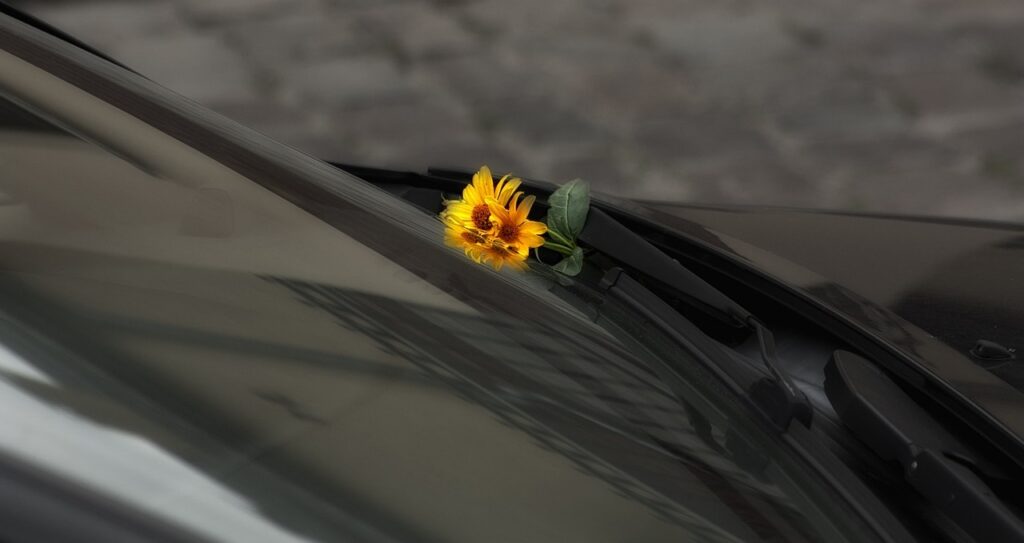
FORGIVE YOURSELF AND OTHERS THROUGH AWARENESS AND COMPASSION
Practicing compassion, rather than anger, allows us not to add suffering to suffering, not to add guilt to pain.
But forgiveness is no simple task. It’s a process, an intricate dance between heart and mind, intertwined with threads of empathy, introspection and, ultimately, acceptance. It is not a single act, but a series of choices that lead to the final act of letting go. Like an artist working on a masterpiece, forgiveness requires patience and perseverance, an unwavering commitment to turning pain into strength.
In this dance we also encounter the profound idea of forgiving ourselves and others. We often harbor resentment against our mistakes and shortcomings, shackling our potential with guilt and remorse. Just as we extend compassion to others, we can also offer it to ourselves. This act of self-forgiveness is a powerful statement of self-worth, allowing us to move forward with a lighter heart and clearer vision.
Forgiveness is a gift, not only to those who have hurt us, but to ourselves. It is a gift of liberation, a gift of renewal, a gift of rediscovery. As we navigate the labyrinth of life, forgiveness becomes a guiding star, illuminating our path to a more harmonious existence.
Ultimately, forgiveness is a declaration of our humanity, a testimony to our capacity for growth and change. It is the act of overcoming our wounds, of transcending pain to create a new narrative. He is the embodiment of resilience, the embodiment of grace. So, let us embrace the transformative power of forgiveness, allowing it to mend our hearts and free our spirits.
The practice of awareness in relation to guilt and the possibility of forgiving oneself and others represents a precious invitation to welcome and take care of ourselves and we can do this through the following permissions:
“You can be imperfect” “You can make mistakes” “You can still be learning life’s lessons” “I can forgive you and even look at your vulnerabilities with kindness”
We can also extend these permissions to the person who caused me harm, recognizing that he/she too could be stuck in the repetition of suffering: that his/her behavior could originate from his/her confusion, from his/her fear, from deep unmet needs.
To learn more about how to transform suffering with meditation and Mindfulness, I suggest you read this article
The practice of awareness and compassion offers us the possibility to grow and take care of ourselves, going beyond the automatisms that block us within the avoidance or aversion to pain, in order to finally free ourselves from the armor that tightens the our heart and encounter the shared, sometimes wounded, humanity that lives there.

Are you interested in learning more about mindfulness practice?
Consult our courses here
I greet you with a list of practical suggestions or steps to take to cultivate forgiveness in your daily life:
1. Recognize the Need for Forgiveness: Acknowledge the emotional burden and negative impact that holding onto grudges or resentment can have on your own well-being. Understand that forgiveness is a choice you make for your own peace and freedom.
2. Practice Self-Reflection: Take time to reflect on your own emotions and thoughts surrounding the situation or person you need to forgive. Understand the underlying reasons for your anger, hurt, or resentment and how it may be affecting your life.
3. Shift Your Perspective: Try to see the situation or person from a different perspective. Consider the possibility of their own struggles, insecurities, or mistakes that may have influenced their actions. This can help foster empathy and compassion.
4. Release Expectations: Let go of the desire for an apology or specific outcome. Forgiveness is about freeing yourself from the emotional attachment to the past and accepting that you cannot control the actions or behaviors of others.
5. Engage in Self-Care: Prioritize self-care practices that help you heal and find inner peace. This can include activities such as meditation, journaling, exercise, spending time in nature, or seeking support from loved ones or a therapist.
6. Practice Mindfulness: Cultivate mindfulness by staying present in the current moment rather than dwelling on past grievances. Mindfulness can help you observe your thoughts and emotions without judgment, allowing you to respond to situations with greater clarity and compassion.
7. Set Boundaries: Forgiveness does not mean forgetting or condoning harmful behavior. It’s important to establish healthy boundaries to protect yourself and prevent further harm.
8. Practice Forgiveness Rituals: Consider engaging in forgiveness rituals such as writing a letter to the person you need to forgive (even if you don’t send it), or engaging in forgiveness meditations. These rituals can help you process your emotions and release negative energy.
9. Seek Support: Forgiveness can be a challenging process, so don’t hesitate to seek support from trusted friends, family, or professionals who can provide guidance, understanding, and encouragement along the way.
Remember, forgiveness is a personal journey that takes time and effort. Be patient and kind to yourself as you navigate through the process, and celebrate each step towards cultivating forgiveness in your own life.


